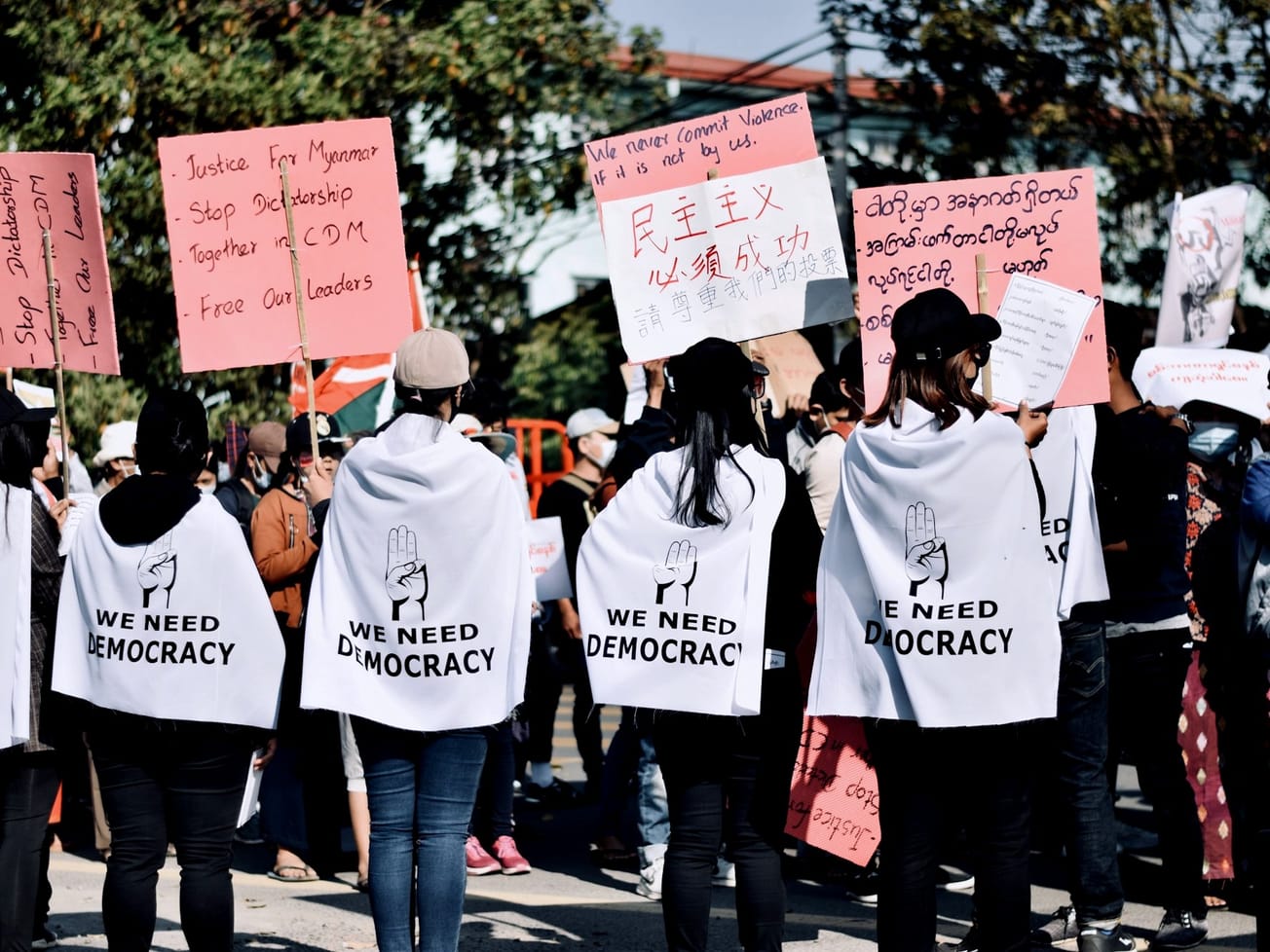Ten years ago, hundreds of thousands of Rohingya refugees started crossing into Bangladesh to flee the violence in Myanmar’s Rakhine state.
What's new: To mark the anniversary of Aug. 25, 2017 and safe passage back to Myanmar, refugees gathered on Sunday at Cox's Bazaar district in Bangladesh, where close to 1 million people – the largest refugee camp in the world – remain stranded. But US$50 million in funding has helped more than 325,000 girls and boys with quality education, Yasmine Sherif, executive director of Education Cannot Wait, the U.N.'s global fund for education in emergencies and protracted crises, said on Sunday.









